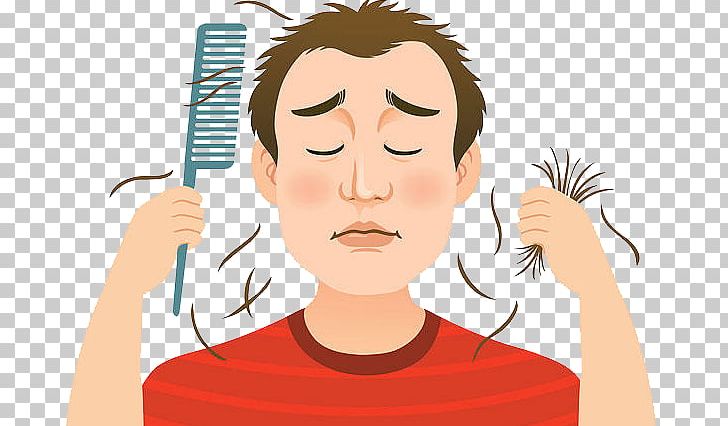
MAN’S CONFIDENCE DURING HAIR LOSS: PSYCHOLOGICAL IMPACT OF HAIR LOSS
Hair loss will always be a major concern for everyone, and it leads to shattered confidence and a lot more of the psychological issues than we can ever imagine. Hair loss can be due to many reasons which includes stress, genetic, hypothyroidism, nutritional deficiencies, Alopecia areata, etc.
But there are several ways through which we can treat the hair loss, including natural home remedies, having a proper diet (containing zinc, protein etc.), or the most used method now a day’s Prp for hair loss. Through any of these, we can at least make the hair loss less severe and rebuilding our lost confidence.
So, the question arises that how the hair loss affects a man’s confidence?
- By inducing the stress regarding age and mortality:
Finding the first few hairs, for many people, in the shower drain is the unveiling of the aging process. And so, it provides an unwelcoming hint of mortality. As in history, a man’s hair has been used as a public measuring stick of prediction of his youth and virility, and so it’s not that easy to say goodbye to it.
The people with receding hairlines, were considered to be less successful, assertive, and having lack of confident. The situation that worsens it is that on average they are seen as 3.6 years older than their real age.
- By leading to increased anxiety due to more hair loss:
As quoted by the American Psychological Association, the anxiety is characterized by the feelings of stress and disturbed thoughts. Anxiety caused by losing one’s hair can be very permeating and hard to avert. But what’s more worse, is that anxiety often results in physical symptoms which include high blood pressure and increased hair loss. So, if you’re worrying regarding your hair start to fall out, the anxiety may be making it even more worse.
- By diminishing the self-image:
If you do a quick scan of your local weathermen and the news anchors, it probably won’t show up many widow’s peaks. Maybe, you’ll find few in your sitcoms and dramas, but they probably have been portrayed as idiots and/or crooks. So as a result, the impression that baldness equals inferiority is as permeating as the media itself. Not surprisingly, as we consider the explosion of social media, maintaining a positive image of yourself is more important than ever before.
- By decreasing the self-esteem:
This onset of negative messaging is not just mirrored in the media. A study was cited by the The Daily Monitor, in the Journal of the American Academy of Dermatology in which it was reported that sixty percent of balding men have been teased about their hair loss and a humongous seventy-five percent actually feel less confident as a result of their ceding back. In simple words, these attacks aren’t just attacking our subconscious, but they are often out in the open.
- By the creation of body dysmorphia:
Whilst a huge amount can be corrected by talking to a professional or by changing some of the habits, there are cases in which it is turned into a clinical issue, such included as with the body dysmorphia. It’s a condition characterised by the Foundation of Body Dysmorphic Disorder as “a preoccupation that is disabling with sensed defects or flaws in the appearance.” Unsurprisingly, hair loss is one of the primary culprits for men.
- By the depression being triggered:
If there is going to be a glass-half-full prospect on experiencing hair loss, it’s that you’ll need a really long long time to get used to your new situation. As according to Men’s Health, the balding process usually takes 15 to 25 years, and five years to be on the short end. That means you get lots of time to look in the mirror and anguish about just how detectable your bald spot is from every single angle you’re pliable enough to try.
Nevertheless, this also means extended feelings of anxiety and stress, which, if left unchecked, often pave way to clinical depression.
The psychological effects of balding play a very traumatizing part in our lives. Certain psychological and emotional symptoms are being expressed by the people experiencing hair loss. These symptoms have been related to how they perceive themselves and how they feel that others are perceiving them. Many people just get themselves used to a life of baldness or hair loss, but few others may go through serious psychological conditions which including stress, depression and anxiety.
Disappearing hairlines have been resulted in the person looking much older than he really is. This negatively affects the way he sees himself with possibly a loss of self confidence as a result. Young men have been consulted with in their early twenties with decreasing hairlines or possibly baldness and heard various stories which including the lack of confidence in approaching the other gender.
